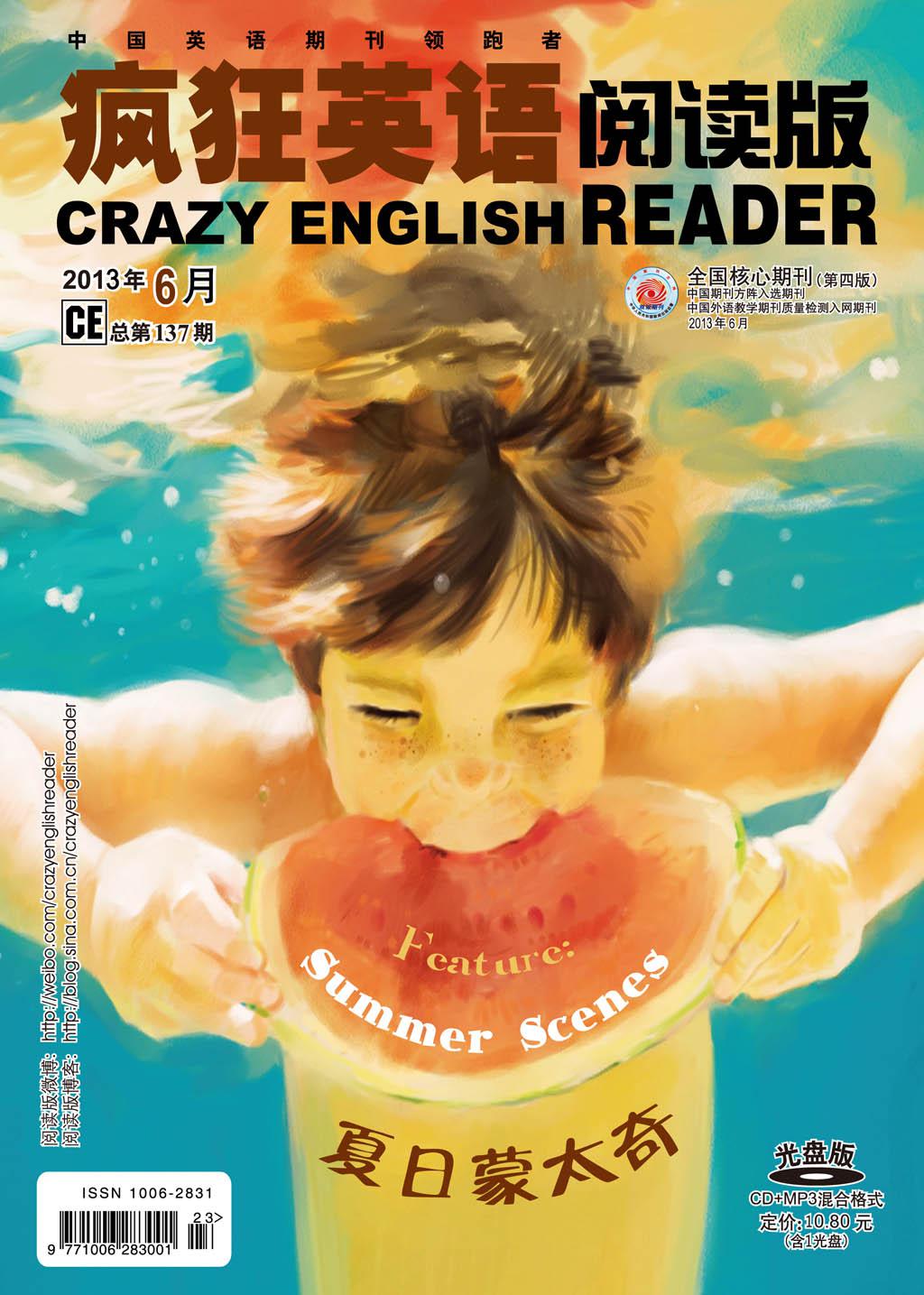天堂里的死讯
by Anna Nicholas

On my regular morning runs to Sóller port I have often shared nods and 1)pleasantries with an elderly 2)Majorcan gentleman. I have never known his name, or much about him, but that doesnt matter. Come rain or shine I always find him plodding methodically along the promenade in his beige 3)mac and, wearing a rather stylish black beret on his near bald head. As a 4)portly man, he 5)huffs and puffs a lot and so it is with some relief for us both that we are able to stop to share a few words about the weather and to catch our breath.
6)Uncharacteristically, my elderly friend never crossed my path last week and I began fretting about his whereabouts. You see, over the years I created my own story for him: a lonely widower who took the morning air and enjoyed passing the time of day with a few locals and near strangers like me.
And then yesterday I discovered the truth in the usual brutal way here. In my village grocery store his face loomed large on a death notice flyer on the counter and it was all I could do not to utter an exclamation. Instead, I took one of the 7)A5 sized sheets to study at home in order to say my own farewell to him, if not in person, at least mentally.
Death “flyers” crop up regularly in my mountain town. As soon as a local bites the dust, the family usually rushes out a small flyer showing the face of the dearly departed together with details of the manner and time of death. The notices are distributed around the town in cafés and stores to be seen and discussed by sombre friends and acquaintances.
Over time I have learnt of the death of many Majorcans in the valley this way. Although some have their deaths reported in our two weekly newspapers, it is often the case that some locals miss out and so the little death flyer comes into its own. Much as I dont relish reading these regular death bugles, I do at least feel that they serve a purpose, allowing us all, even mere strangers, to show respect for those who have passed on. Of course the deaths of expats are rarely highlighted in this way, because it is simply not a part of our culture.
I have grown to accept the custom and in some ways am thankful for it. Otherwise I would never have known that the courteous elderly man who greeted me so warmly these past years had 8)slipped this mortal coil. And happily his black tinged flyer informed me that, contrary to being a lonely widower, he had a loving wife, grown up sons and grandchildren. Shed a tear as I might that I would never see my old chum again, I was able to take comfort in knowing that in this life, at least he had been deeply cherished.
我每天都会在同一时间往索列尔港方向晨跑,常常遇到一位马略卡老先生,我们会点头致意,寒暄几句。我从不知道他的名字,对他的了解也不多,但这并不要紧。无论是雨天还是晴天,我总会看到他穿着米色风衣沿着步行大道拖着步子有条不紊地踯躅前行,他那几乎全秃的头上总是戴着一顶时髦的黑色贝雷帽。他体形肥硕,经常气喘吁吁,所以当我们可以停下来说上两句,聊一聊天气,缓一下气,对我俩来说都是一种放松。
异乎寻常地,上周,我跑步时一直没碰见我的这位老人家朋友,我开始担心起他的状况来。要知道,这些年来,我在心里给他编了一个故事:一个孤独的鳏夫,感受早晨的气息,享受与几个当地人以及像我这样几近陌路的人一起打发白天的时光。
然而就在昨天,我以一种平常却残酷的方式发现了真相。在我住的那个小村庄的杂货店里,他的脸赫然出现柜台上的讣告传单中,我故作镇定,没有惊讶的表现。相反,我拿起其中一份A5纸张大小的告示,带回家细看,以向他表达我的告别,即使不能亲自到场,至少也在心里默默送别。
在我所住的山区小镇上,不时就有死亡“传单”的出现。一旦有当地人过世,其家人通常会印发一些小传单,将挚亲的肖像连同死亡原因和时间等细节信息印在上面。这些单子会分发到镇上的咖啡馆和店铺,让心情沉痛的朋友和熟人能看到、谈论。
随着时间的流逝,我以这种方式了解到了这个山谷里许多马略卡人去世的消息。虽然有些人将讣告刊登在我们的双周报上,但经常会有当地人没有看到,所以这小小的讣告传单还是有其所用。很多时候我并不希望读到这些时不时出现的关于死亡的讯号,但至少我还是感觉到其一定的作用,让我们所有人,甚至是陌生人都能对逝者致意。当然,外国人如果在这里去世了,很少会以这种方式公告他人,因为这并非我们文化的一部分。
我慢慢接受了这种风俗,某种程度上还抱有一份感激之情。否则我永远也不会知道那位在过去这些年来热情地与我打招呼的谦恭老者已经驾鹤西去。而且很庆幸,他的这份淡黑色的传单让我知道,他不是一个孤独的鳏夫,相反,他有个可爱的妻子,有几个年长的儿子和孙子。我再也见不到我的老朋友了,我会因之流下眼泪,但我可以感到安慰的是,我知道在他的这一生里,至少他曾被深深地珍爱过。

